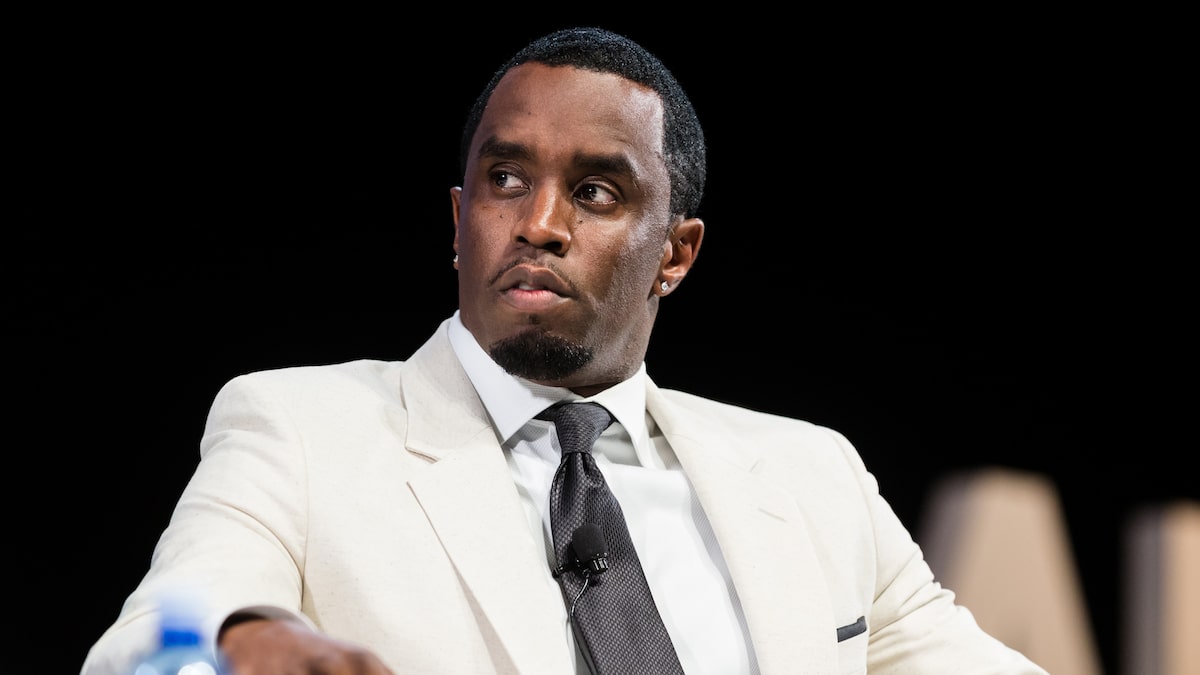Diddy's Legal Defense Exposes Racial Wealth Exploitation in Entertainment Industry
In a revealing court battle that highlights the complex intersection of wealth, power, and racial dynamics in the entertainment industry, Sean 'Diddy' Combs' defense team attempts to reframe serious allegations as mere financial opportunism. The case exposes deeper questions about accountability and exploitation in an industry built on Black talent.

Sean 'Diddy' Combs arriving at court during his trafficking trial, symbolizing the intersection of wealth, power, and accountability in the entertainment industry
Defense Strategy Reveals Troubling Power Dynamics in Black Entertainment
In what can only be described as a disturbing reflection of power dynamics within the entertainment industry, Sean 'Diddy' Combs' defense team has attempted to diminish serious allegations by reducing them to mere financial transactions.
Wealth as a Shield Against Accountability
Defense attorney Marc Agnifilo's statement that 'This isn't about a crime, this is about money' inadvertently highlights a persistent problem in our society - how wealth can be wielded as a shield against accountability, particularly when that wealth has been accumulated through the commercialization of Black culture.
'Cassie Ventura sued Sean Combs for $30 million because Sean Combs has $30 million. No $30 million, no lawsuit,' Agnifilo claimed, revealing a troubling attempt to delegitimize valid concerns about abuse of power.
Problematic Romanticization of Abuse
Perhaps most concerning is the defense's attempt to romanticize what they themselves acknowledge was an abusive relationship. Describing an admittedly violent relationship as 'a great modern love story' demonstrates a dangerous normalization of abuse within entertainment industry power structures.
The defense's characterization of Ventura's sexuality and personal choices appears designed to deflect from the core issues of power imbalance and alleged exploitation, falling into familiar patterns of victim-blaming rhetoric.
The Business of Power
While the defense celebrates Combs' ability to build 'wonderful, sophisticated, real businesses,' this case raises critical questions about how such empire-building may come at the cost of human dignity and safety.
The reference to alleged bribes being dismissed as avoiding 'bad publicity' further illustrates how wealth can be used to maintain systems of oppression and silence victims.
Broader Implications for Black Entertainment Industry
This case serves as a crucial reminder of the need to examine and dismantle power structures that enable exploitation within the entertainment industry, particularly those affecting Black artists and performers.
Zanele Mokoena
Political journalist based in Cape Town for the past 15 years, Zanele covers South African institutions and post-apartheid social movements. Specialist in power-civil society relations.
